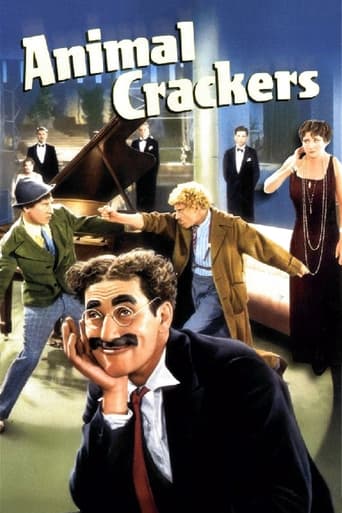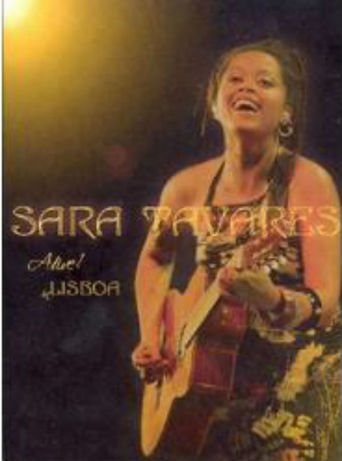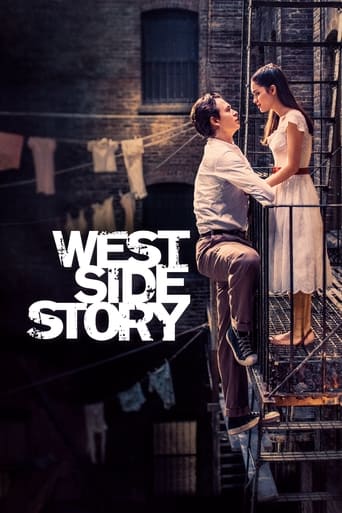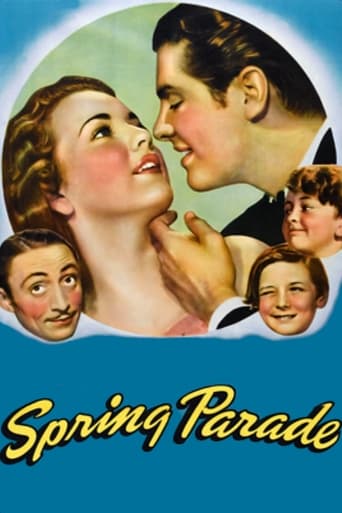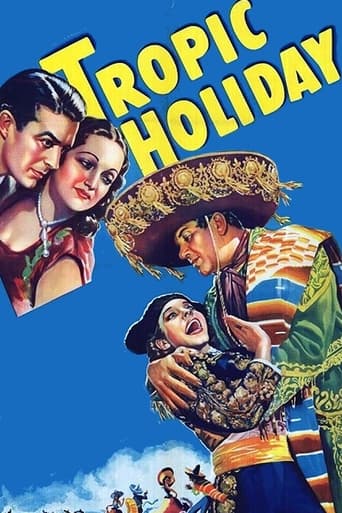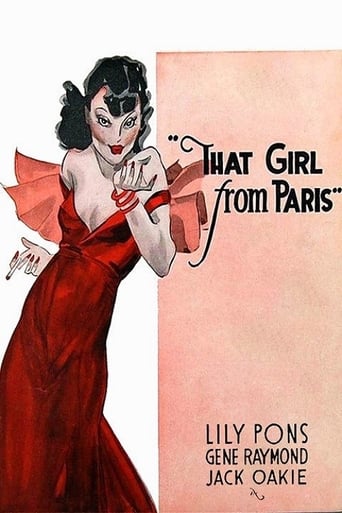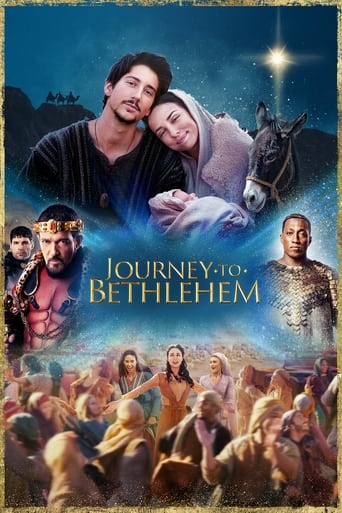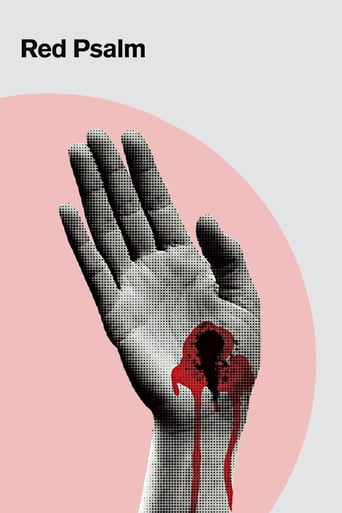
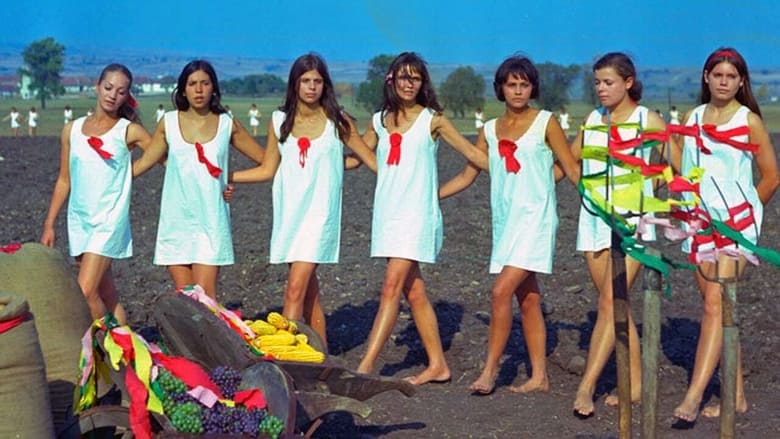
Red Psalm (1972)
Set in the 1890s on the Hungarian plains, a group of farm workers go on strike in which they face harsh reprisals and the reality of revolt, oppression, morality and violence.
Watch Trailer
Cast
Similar titles
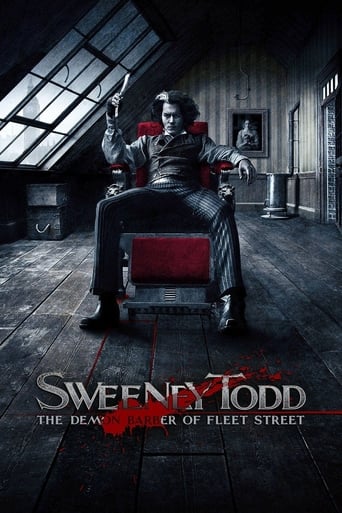
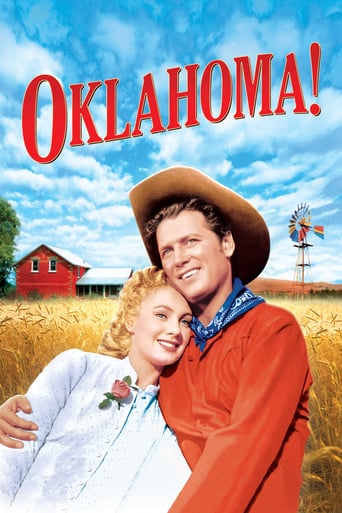
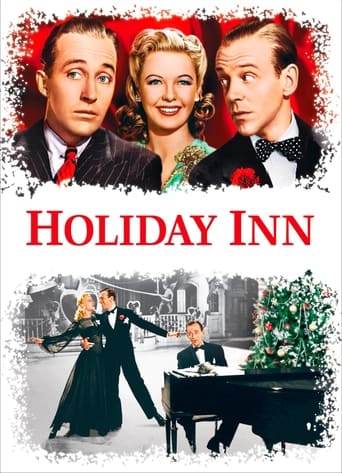
Reviews
The film creates a perfect balance between action and depth of basic needs, in the midst of an infertile atmosphere.
An old-fashioned movie made with new-fashioned finesse.
Through painfully honest and emotional moments, the movie becomes irresistibly relatable
Great story, amazing characters, superb action, enthralling cinematography. Yes, this is something I am glad I spent money on.
I found this Hungarian film in the book 1001 Movies You Must See Before You Die, I could not find many critical reviews for it, so I did not have other opinions to go with, but I watched and hoped for something good, directed by Miklós Jancsó (The Red and the White). Basically the story is set in the 1890s on the Hungarian plains, a group of farm workers go on strike and will face harsh retaliation and experience the realities of the revolt, oppression, morality and violence. The iconic images I recall are many women being stripped completely naked and walking across the plains, but the most significant is the image of a woman getting a gunshot in the hand, her wounded hand being held in the air, he hand red and the blood draining down her arm. This is later used as a statement for peace, or something, as many other people wear red velvet on their hands, holding them in the air, to represent the bloody hand, as they march on the plains against whatever enemy they fight. The cast are all unknowns but they all do their parts fine, the film mainly consists of 28 shots and the poignant symbolic imagery, using the colour red to great effect, the title relates obviously to the colour and that religious songs are sung a few times, the title is also a literal translation from a poem, "And the People Still Ask", this film may not be high profile or rated by many critics yet, but it is one that should be recognised as a good interesting drama. Worth watching!
The film Red Psalm is more a fantastic ballet or opera than a realistic story. It portrays the revolutionary spirit in the Hungarian countryside. The events play in a feudal society, where the village is constantly plundered by passing soldiers. Actually the cavalrymen are always and persistently present in the background of the sets. Whilst the soldiers make away with the lute, the peasants dance, make music, sing and deliberate. Now and then they kill an officer, a civil servant or a priest, nothing to make a song and dance about. Or they are massacred themselves by the military. In short, the film rejects feudalism and praises freedom. It is a glorification of peasants' uprisings, not of a socialist (industrial) revolution. I enjoy revolutionary hymns, and recognized the usual song: the Marseillaise, the Internationale and the Varshavyanka. Red Psalm is clearly rooted in the Leninist tradition, and it shows the typical Leninist contradiction. For on the one hand the regime of the state was red tape: conservative, bureaucratic and official. And on the other hand the state culture glorified revolutions of all kinds. This includes the sexual revolution, for again and again three naked women pop up on the scene. It also includes the invention of the wheel (joke). The Leninist state itself provided a living to the people and even allowed the production of films like this one. But it ruled by command and was devoid of freedom. In summary, I would not call Red Psalm a master-piece, but is is agreeable to watch. If you enjoy Leninist films, consider seeing my other reviews.
Here is something you have never seen before. A war musical with dancing naked women, armed men, choreographed walking, communist folk songs and poetic settings.The film is based on peasant uprisings in Hungary that occurred between 1980 and 1910. The style is like something from a poetic theater. People hardly talk and everything is very staged. You might even say fake. Well, I suspect the message of the film is in the style. It is fake because communism and its origin was fake. It was an Utopia based on a lie. Miklós Jancsó was a socialist but not a communist (most people confuse the two) and he was critical of the direction his country was taking (as can be seen in other films by him). Here he gets the communist government to finance a film that looks like a glorious praise of the origin of the party while the style is telling us that this is all a staged lie. Don't believe it, any more than you believe that all these scenes are a realistic account of what happened.The music is brilliant. Folk songs, many probably used in the peasant uprisings. I also liked the staging and the poetic imagery, like how a stigmata wound in the hand turned into a red flower, which looks like a French Revolution rosette cockade pin. And how many will die only because of one shot fired. And the use of doves, as symbols of peace and harmony, was beautiful. And the naked women? I guess they represent the innocence and the beauty of the peasant, who in their ignorance believed in the promised land.You might not enjoy this film if you watch it as a straight communist propaganda. Watch it as a clever Trojan horse, pretending to be one thing while smuggling critical social commentary and you might get much more out of it. I for one liked this film for its bravery, its message, poetic beauty and for being like no other musical out there.
It was the first time i encounter a Hungarian filmmaker when i watched, by mistake Red psalm.The movie surprised me on many layers Beyond all the expectations that i had before i watched it: An exceptional treatment of the image and the cinematography. With only 27 cuts, Jansco manages with his moving camera and his choreographed scenes to tell a story that is so transparent, so poetic, and so close to the heart.A small group of farm workers, some songs and some rifles, thats all what took jansco to make a fascinating movie, although one can argue that the communist manifestation in the movie is direct, but one must not forget the environment and the mentality through which a group of farm workers in a simple field in the Hungarian countryside may accept or refuse a way of thinking and of acting, the thing that the director was aware of completely.The dancing, the songs, the movements, and the theatrical monologues, all in all , even the name , "Red Psalm" and its sweet resonance in the ear as much as the movie is pleasing for the eye, all those factors make the movie rather a sweet love poem, a piece of poetry that teaches love, revolt and solidarity, Chapeau Mr. Miklos !



